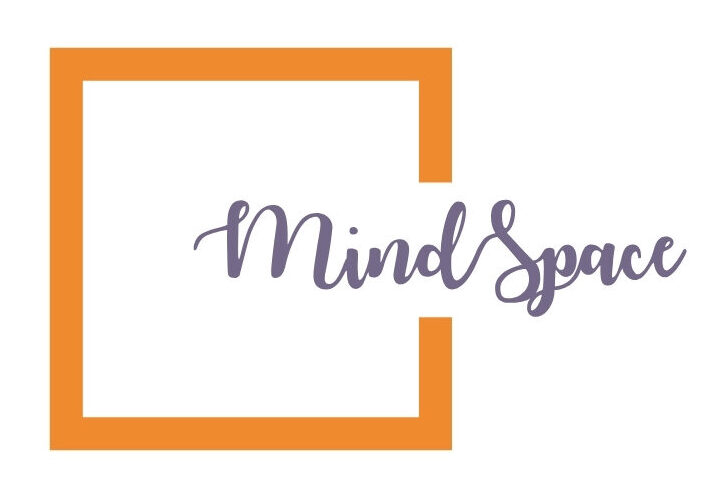Main Content
Virtual Hoarding Awareness Training – STAGE 1
HDUK Support Events for Family and Friends Impacted by Hoarding
Virtual Hoarding Awareness Training – STAGE 2
Understanding Hoarding by Jo Cooke
Compulsive hoarding can make life a misery, affecting health, well-being and lifestyle, and posing a significant risk of fire, illness, infestation and other dangers. Hoarding touches the whole family and, in extreme cases, impinges on basic freedoms, such as space in which to eat, do paperwork or even sleep. Packing with practical advice, Understanding Hoarding aims to help those with hoarding difficulties and those that live with them. It is also a useful resource for friends and professionals.
This book is an absolute Godsend to people who are hoarders and the ones they love.
Netgalley Reviewer
The book is published by Sheldon Press and can be found on Amazon and other sites.
Training
Our training course provides an overview of hoarding behaviours, case studies and illustrates the complexities of hoarding. We cover how to assess and plan a strategy and the need for a multi-agency approach as well as therapies and long-term solutions.
Support Groups
Hoarding support groups provide a necessary resource for hoarders as well as their families and those affected by hoarding. The support groups are self-help groups and have been very effective for those who are challenged by their clutter. It is free to attend. Do contact us if you would like to attend or are thinking of setting up your own support group.
Clutter Image Ratings
Clutter Image Ratings (CIRS) are a way to identify the scale of hoarding. Once major advantage of the ratings are that they are impersonal, removing a personal perception and judgement of clutter. These images can be used as a way of confronting reality, as well as using them as motivational tools.
Recommended Reading
There are many publications that not only ourselves but members of our support groups and other professionals have recommended. There are several books addressing decluttering but we have concentrated on listing books specific to hoarding.
FAQs
Here are some of the frequently asked questions that may address something you are wanting to find out. If however the information you require is not here please do contact us.
What people are saying…
"Jo and her team have been working with us for some time and had it not been for them we would never have thought it possible that we could move. They have literally given us our life back. We are incredibly grateful for all they have done."Sarah and Jim
"Previously my daughter and I had no access to either the kitchen or our two bedrooms, but thanks to Hoarding Disorders UK CIC we are now cooking, using the washing machine and are sleeping in our beds for the first time in over a year."Christine
"Attending the support group has not only given me the tools to help sort my home out, but also helped me comes to terms with the passing of my husband. I am also really grateful for the help and support of other group members."Jane

About Us
Jo and her team provide hoarding awareness training throughout the UK and currently work in individuals’ homes across eight counties. The team is made up over support workers, volunteers. We work collaborately with other agencies to ensure that we can deliver the best support available.
More about Jo and her team Specialist advice for people affected by hoarding behaviours, chronic disorganisation and extreme clutter
Specialist advice for people affected by hoarding behaviours, chronic disorganisation and extreme clutter













